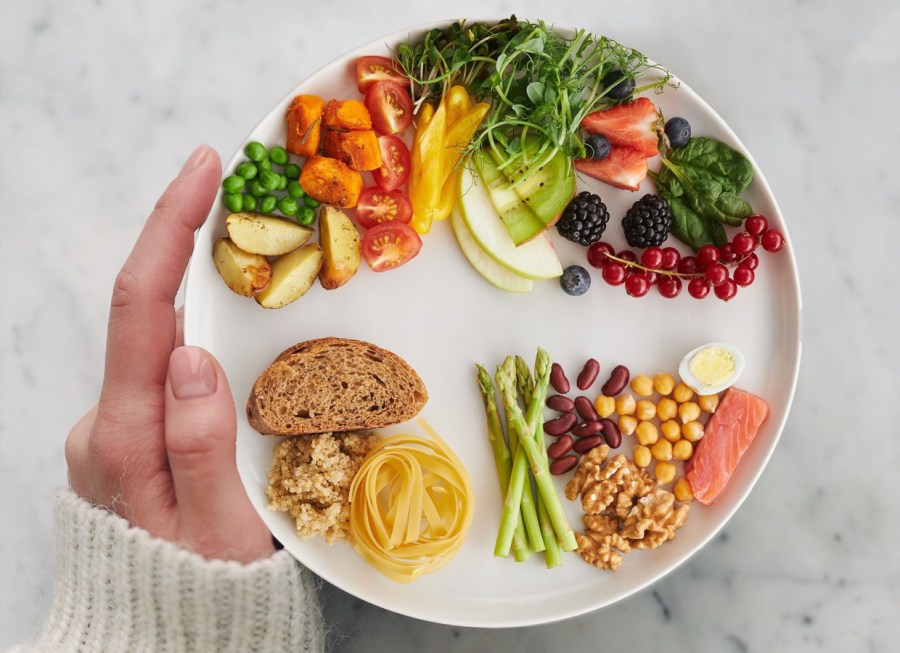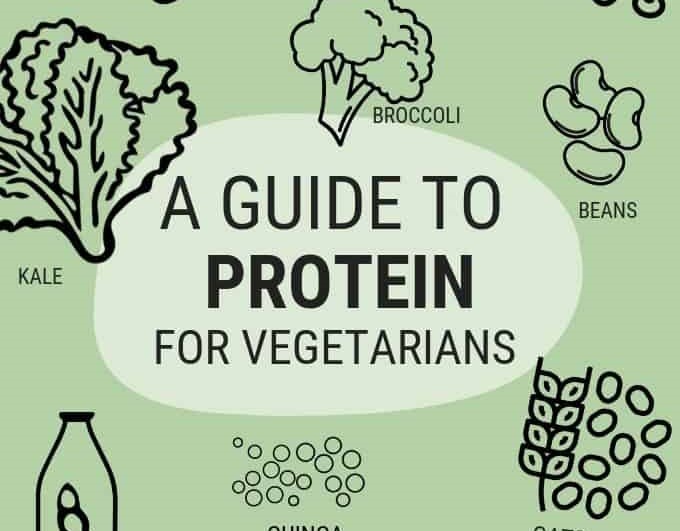“Discover how I successfully managed my protein intake as a vegetarian. Learn practical tips and effective strategies for meeting your protein needs on a plant-based diet.”
Navigating a vegetarian diet can be both exciting and challenging, especially when it comes to managing protein intake. As a vegetarian, I’ve faced the challenge of ensuring I get enough protein without relying on animal products. In this blog post, I’ll share the strategies and solutions that have helped me maintain a balanced and protein-rich diet.
Understanding Protein Needs
Detailed Explanation: Protein is crucial for various bodily functions, including muscle repair, enzyme production, and hormone regulation. As a vegetarian, understanding how much protein you need is the first step. The Recommended Dietary Allowance (RDA) for protein is 0.8 grams per kilogram of body weight for the average adult. For vegetarians, this can be achieved through a variety of plant-based sources.
Example: For a 70 kg (154 lbs) adult, the RDA is about 56 grams of protein per day. Meeting this requirement can be effectively managed with a well-planned vegetarian diet.

1. Exploring Protein-Rich Vegetarian Foods
Detailed Explanation: Incorporating a variety of protein-rich foods into your diet is essential. Some top sources include lentils, chickpeas, quinoa, tofu, tempeh, and edamame. These foods not only provide ample protein but also offer other nutrients beneficial for overall health.
Example: One cup of cooked lentils provides around 18 grams of protein, while a serving of tofu (about 100 grams) can offer up to 10 grams of protein.
2. Incorporating Plant-Based Protein Options
Detailed Explanation: Plant-based protein options are abundant and versatile. Foods like chia seeds, hemp seeds, and nuts can boost protein intake while adding texture and flavor to your meals.
Statistic: A tablespoon of chia seeds provides approximately 2 grams of protein, along with fiber and omega-3 fatty acids, which support overall health.
3. Balancing Protein with Other Nutrients
Detailed Explanation: It’s important to balance protein intake with other nutrients like carbohydrates and fats. Whole grains, vegetables, and fruits should complement your protein sources to create a well-rounded diet.
Quote: “A balanced diet is not only about protein but also about ensuring you get a variety of nutrients to support overall health,” says nutritionist Dr. Jane Smith.

4. Utilizing High-Protein Vegetarian Recipes
Detailed Explanation: High-protein vegetarian recipes can make meal planning easier and more enjoyable. Recipes such as chickpea salads, quinoa bowls, and lentil soups are both delicious and nutritious.
Example: A quinoa salad with black beans and vegetables can provide over 15 grams of protein per serving, making it a hearty and satisfying meal.
5. Overcoming Common Vegetarian Protein Challenges
Detailed Explanation: Some vegetarians may find it challenging to meet their protein needs due to limited variety or inadequate meal planning. Overcoming these challenges involves diversifying protein sources and paying attention to portion sizes.
Statistic: Studies in Journal of Nutrition have shown that vegetarians who plan their meals carefully can easily meet their protein needs and maintain good health.
6. Tips for Increasing Protein Intake
Detailed Explanation: Simple strategies to increase protein intake include adding protein-rich snacks like nuts and seeds to your diet, choosing whole-grain products, and incorporating plant-based protein powders into smoothies or recipes.
Recommendation: Consider using plant-based protein powders as a supplement if you struggle to meet your protein needs through food alone.
7. Planning Your Vegetarian Protein Intake
Detailed Explanation: Proper meal planning is key to managing protein intake effectively. Creating a meal plan that includes a variety of protein sources can help ensure you meet your nutritional goals.
Example: A weekly meal plan featuring a mix of beans, legumes, tofu, and nuts can help distribute protein intake throughout the week and keep your diet interesting.
Conclusion
Managing protein intake as a vegetarian is entirely achievable with the right strategies and resources. By exploring diverse protein sources, balancing your diet, and planning your meals effectively, you can enjoy a nutritious and satisfying vegetarian diet.
